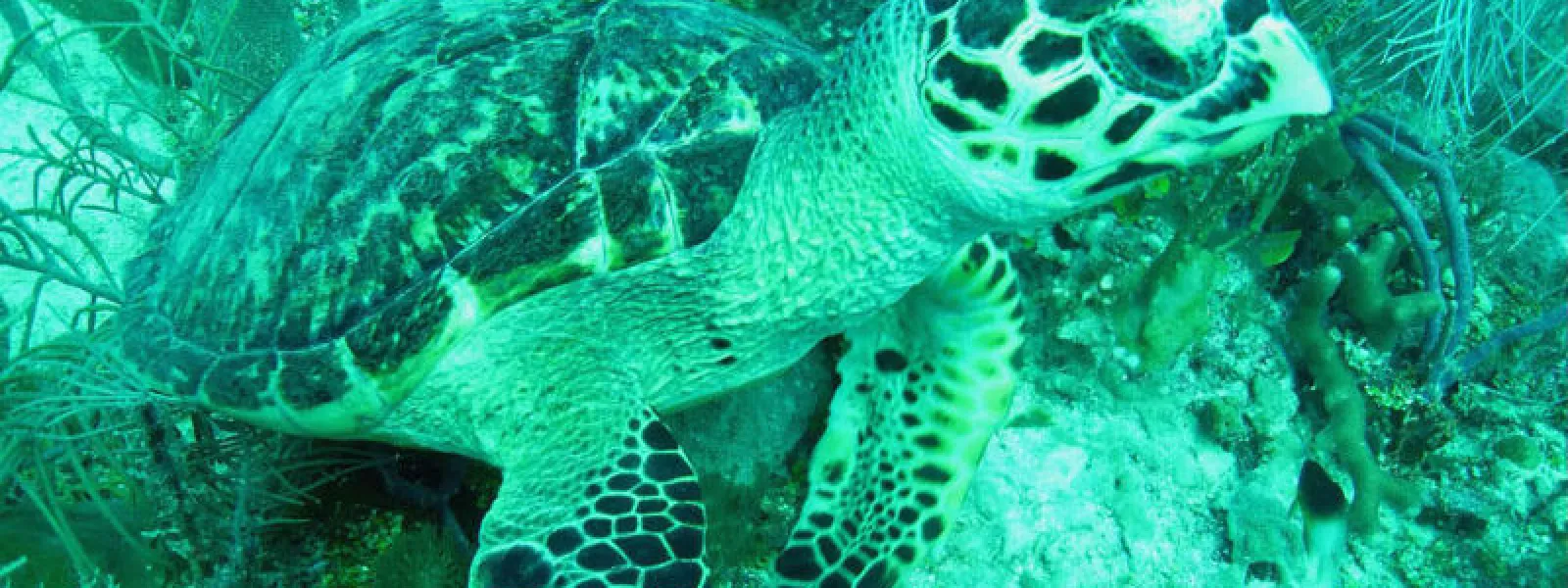
Mexico protects loggerhead turtles from the Don Diego mine
AIDA celebrates SEMARNAT’s decision to deny the environmental authorization of a marine phosphate mine proposed for Ulloa Bay, Baja California Sur. They found the measures the operating company presented to safeguard sea turtles are based on inconsistent information.
Mexico City, Mexico. The Secretary of Environment and Natural Resources (SEMARNAT) placed the protection of the loggerhead turtle, a threatened species, above the economic benefit of the Don Diego marine phosphate mine, proposed for Ulloa Bay in Baja California Sur. The environmental authority denied the authorization of the project proposed by Exploraciones Oceánicas after finding that the measures presented by the company for protecting loggerheads are based on inconsistent information.
The Interamerican Association for Environmental Defense (AIDA) applauds SEMARNAT’s decision, which states that the economic benefits of the project “cannot prevail over the protection of the natural resources of Ulloa Bay,” especially when some of those, like the loggerhead turtle (Caretta Caretta), “are threatened species subject to strict standards of protection.”
According to the Secretariat, it’s not easy to harmonize the safeguarding of sea turtle populations with an activity “that adds to existing anthropogenic pressure (resulting from human activity) in the area and increases the risk of extinction of the species, which is internationally recognized” (pg. 232 of SEMARNAT’s decision).
AIDA presented arguments to SEMARNAT about the international obligations that Mexico would breach upon authorizing the project, as well as the insufficient information with which the company evaluated the environmental impact of the mine on marine ecosystems, and on which mitigation measures were based.
According to the Secretariat, Exploraciones Oceánicas proposed a program for the monitoring of sea turtles that could better be described as one of “rescue,” which is not based on quantitative data of the loggerhead habitat. In addition, the company did not present prevention and mitigation measures to guarantee the availability of sufficient food, and its model for restoration of the seabed—which it seeks to dredge to extract phosphate—does not take into account the particular characteristics of Ulloa Bay (pgs. 225 and 226).
SEMARNAT relied upon international standards to deny Don Diego’s environmental authorization. They drew upon Mexico’s obligations to protect its marine environment and to use the best possible scientific information in the protection of sea turtles, contained, respectively, in the United Nations Convention on the Law of the Sea (CONVEMAR) and the Inter- American Convention for the Protection and Conservation of Sea Turtles (CIT).
